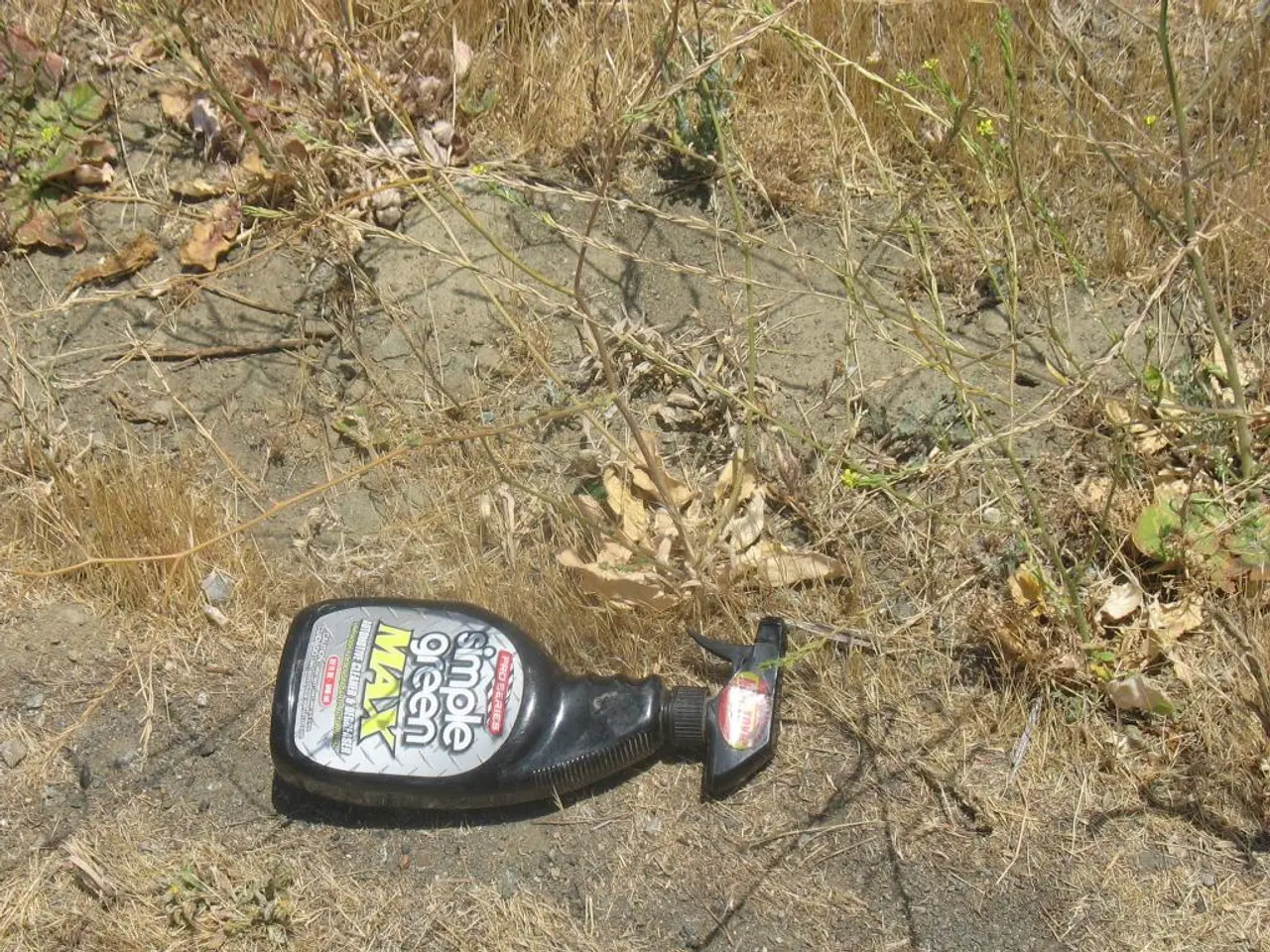Soil Nutrient Boosters: Exploring Plants that Improve Soil Quality and Richness
Transformin' this gardenin' biz for ya! So, you wanna boost your soil, huh? Real smart move, mate. One of the easiest ways to do that is by growin' plants that fix nitrogen, like the legumes fam. Peas, beans, even the humble clover - they're all nitrogen fixers.
See, these little plants have a kinda symbiotic relationship with bacteria called rhizobia. The plant's roots form nodules that house these bacteria. The bacteria get all the sugars they need from the plant, and in return, they convert atmospheric nitrogen into a form that plants can use. This process is called nitrogen fixation.
Now, there are a few nitrogen fixin' plants that also work wonders for your soil structure, aeration, and water retention. Here are a few examples:
- Clover (like the crimson and red versions): These legumes are living mulches or cover crops that not only improve soil fertility but also reduce erosion and enhance soil structure and water retention, thanks to their ability to add organic matter and boost microbial activity.
- Hairy vetch: This nitrogen fixer is hardy and aggressive, fixin' about 50-150 lbs of nitrogen per acre and also helpin' out with soil texture and porosity, improvin' aeration and moisture retention.
- Austrian winter peas: These are cold-hardy and give you nitrogen and organic matter benefits, improving soil structure and moisture-holding capacity.
- Beans and peas (like bush beans): They're great for interplantin' with heavy nitrogen feeders, like corn. The root systems improve aeration and organic content when they decompose, and they help the corn grow tall and strong.
- Alfalfa: This deep-rooted perennial legume not only fixes nitrogen but also helps break up compacted soil layers, improvin' aeration and water infiltration.
These plants acts as green manures or cover crops that, when incorporated into the soil, not only supply nitrogen but also increase organic matter content, reduce erosion, improve soil aggregation, and enhance water retention and airflow through the soil profile. Their root systems and decomposition promote a healthier soil ecosystem, benefitting subsequent crops by improvin' overall soil quality and nutrient availability.
So, there ya have it, mate! Get plantin' those nitrogen fixers and watch your garden transform into a nitrogen-rich, thriving ecosystem!
By incorporating nitrogen-fixing plants like clover, hairy vetch, Austrian winter peas, beans, peas, and alfalfa into your garden, you can enhance soil health through improved soil structure, aeration, and water retention. These plants not only supply nitrogen but also increase organic matter content, reduce erosion, and promote a healthier soil ecosystem, benefiting subsequent crops by improving overall soil quality and nutrient availability. Additionally, you can also consider these plants in the context of health-and-wellness and environmental-science, as their benefits extend beyond gardening to include healthier food production and environmental conservation.







